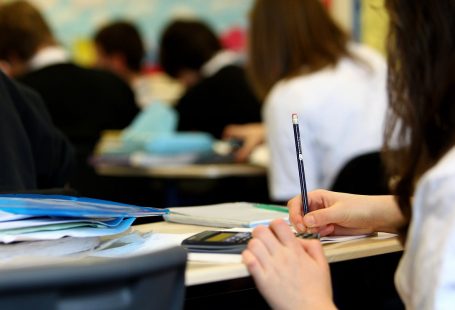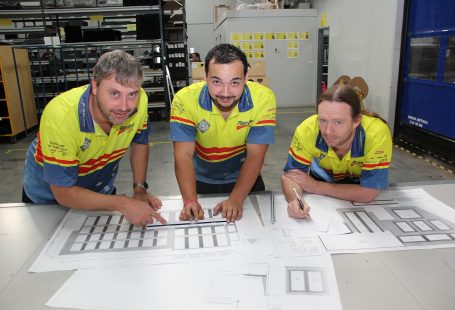Are you relocating to Britain with your children? Then you’ll probably need plenty of information on schools in the UK. Our detailed expatriate guide introduces you to the system of state education throughout the country, from primary schools to A-level exams.
Secondary Schools
Secondary education lasts for another four to six years. Students who are between 12 and 15 years old are legally required to attend a secondary school in the UK. This stage of compulsory education is called “lower secondary”.
Upon completing lower secondary, students should be ready to start a job and take up vocational training, in or outside of the workplace. Or they go on to “upper secondary” or “sixth form”, where 16-year-old to 18-year-old teens prepare for university.
Comprehensive, Grammar and Specialist Schools
In theory, all state secondary schools should be comprehensive. Their students should therefore be a representative cross section of Britain’s young population, with a wide range of abilities. In reality, the competitiveness of the former system, with traditional “grammar schools” for selected children, lives on in quite a few areas.
The historical name of many “grammar schools” implies that their idea of secondary education used to feature a heavy emphasis on Latin and Ancient Greek, with all the grammar lessons these languages entailed. Today, secondary schools that are still called grammar schools don’t necessarily teach Latin anymore. However, they often have more rigorous admission standards and selection criteria than many comprehensive schools.
Grammar school or no, the curriculum for any secondary school includes all subjects taught in primary education. Students also have to learn at least one foreign language, take citizenship classes, and attend personal, social and health education.
Moreover, lots of state schools are “specialist schools”. They focus on one or two areas of the curriculum. So, if your kids are gifted in math and science, or if they have a special talent for music, it makes sense to choose their secondary school accordingly. Until 2010, specialist schools received an official designation from the UK government, as well as extra funding to go with their new status. Though this program was phased out several years ago, plenty of secondary schools still focus on selected areas and continue to build upon their previous reputation.
One note, though: Specialist schools are not to be confused with “special schools”. The latter provide special needs education for children with learning difficulties and other disabilities .If you think that your kid requires special needs education, please contact your local Parent Partnership Service to make the necessary arrangements.
GCSEs and Diplomas
After three years in secondary school, kids are officially assessed by their teachers. Students then need to choose their subjects for the nationwide GCSE exams. The GCSE is a mandatory examination at the end of year 11, i.e. the students’ fifth year in secondary school.
Students usually have to take tests in English, math, and science, and they have to choose classes from the fields of arts, humanities, modern languages, technology, and vocational studies as well. After passing their GCSEs, students can leave school, attend another two years of upper secondary, or obtain a Diploma, a new kind of qualification in the UK.
The new British Diploma focuses on practical training, work experience, and a vocational approach rather than academic studies. It can be taken in 17 different subjects, such as engineering, IT, or creative and media.
The Diploma is available on four levels with increasing qualifications (foundation / higher / progression / advanced). Each of these levels is equivalent to a certain number of GCSE or A-level credit points. However, the qualification was mainly introduced for those teenagers who struggle with the academic outlook of the “from GCSE to A-levels to university” path. They should benefit from a more hands-on approach to foster their vocational skills and help them with applying for a job in the UK.
A-Level Exams
The majority of British students will probably opt for the A-level degree rather than the Diploma. A-level exams are the main admission requirement for an undergraduate degree at universities in the UK.
Students prepare for their A-levels during year 12 and 13 in school, the upper secondary stage. For historical reasons, these last two years of education are still called “sixth form”, or “lower sixth” and “upper sixth”, in many places.
In year 12, most students study four subjects of their choice: One of them is completed at the end of that year as an AS level and dropped afterwards. The other three subjects lead up to three full A-levels after year 13. However, some students may choose to complete four A-levels, despite the extra workload.










